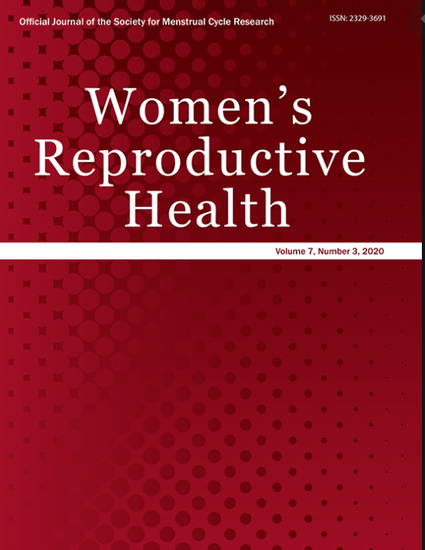
Article
The Politics, Promises, and Perils of Data: Evidence-Driven Policy and Practice for Menstrual Health
Women's Reproductive Health
(2020)
Abstract
Data determine what we know about the menstrual cycle; they inform policy and program decisions; they can point us to neglected issues and populations. But collecting and analyzing data are complicated and often fraught processes, because data are political and subjective, decisions on what data we collect and what data we do not collect are not determined by accident. As a result, despite the significant potential of the current rise in attention to menstruation, we also see risks: a lack of a solid evidence base for program decisions and resulting sensationalization; concerns about data privacy; an overreliance on participants’ recall, on the one hand, while not involving participants adequately in decision making, on the other hand; and a lack of contextualized and disaggregated data. Yet better communication, contextualization, and collaboration can address many of these risks.
Keywords
- Menstruation,
- data,
- technology,
- menstrual tracking apps,
- disaggregation,
- collaboration,
- mixed methods
Disciplines
Publication Date
2020
DOI
10.1080/23293691.2020.1820240
Citation Information
Inga T. Winkler, Chris Bobel, Lauren Houghton, Noemie Elhadad, et al.. "The Politics, Promises, and Perils of Data: Evidence-Driven Policy and Practice for Menstrual Health" Women's Reproductive Health Vol. 7 Iss. 3 (2020) Available at: http://works.bepress.com/chris_bobel/131/
